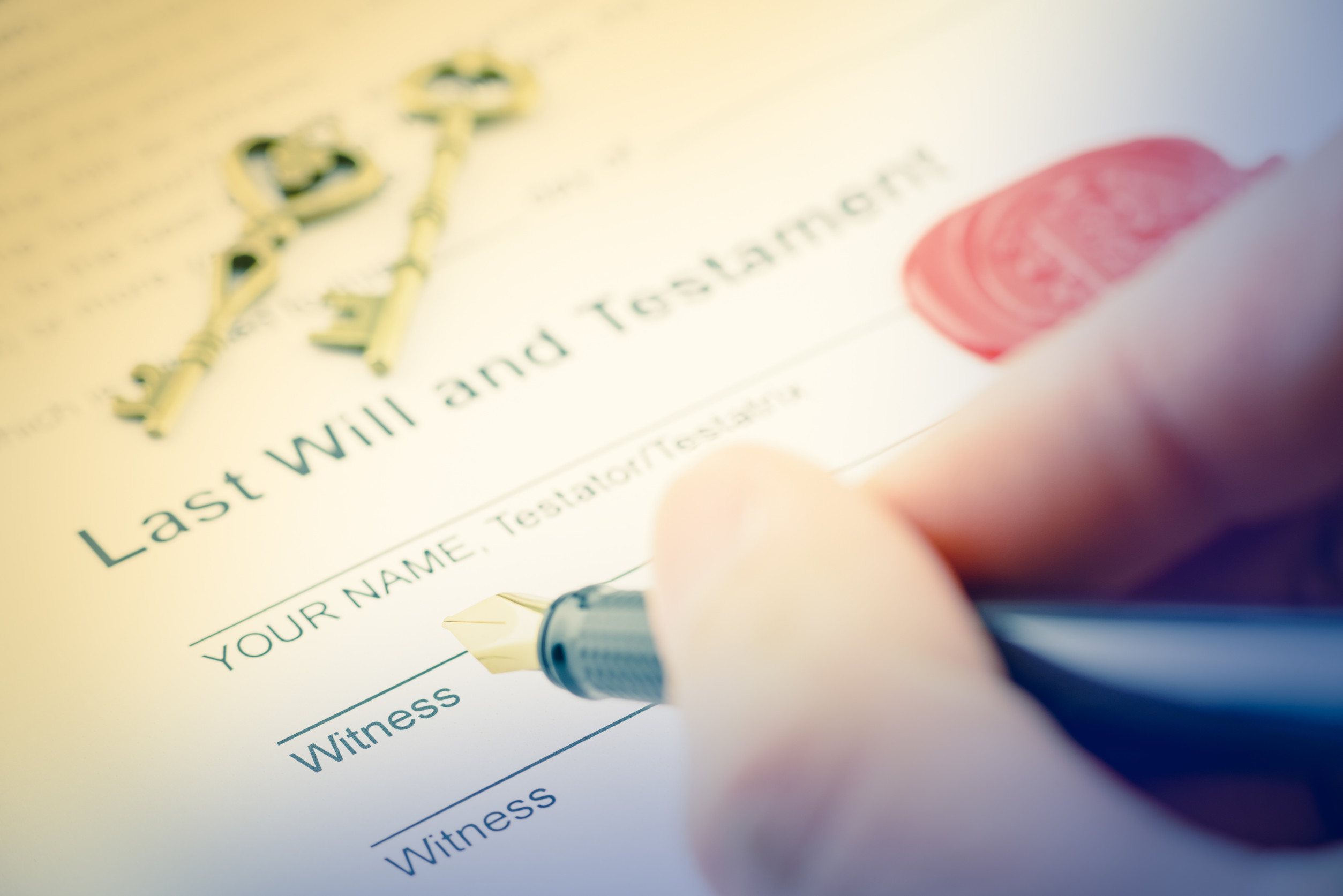
Imagine this: a wealthy family member passes away, and while grieving, two different people step forward—each holding a different version of the same will. Both documents name different heirs, different executors, and entirely different plans for distributing the estate. Suddenly, the calm after a loss erupts into a storm of legal battles, family tension, and courtroom drama worthy of a prime-time series.
Who wins? Who’s lying? And what exactly happens when two people claim the same will? Let’s dive into this emotionally charged, legally complex situation and explore how it all plays out.
The Legal Definition of a Will
A will is a legal document that outlines how a person’s assets and belongings should be distributed after their death. It typically names beneficiaries, appoints an executor, and sometimes includes guardianship decisions for minors. For a will to be valid, it must meet certain legal requirements such as proper signatures, witnesses, and the mental capacity of the testator.
A court—usually probate—must formally recognize the will before the estate can be settled. When two wills emerge, the court must decide which one holds legal authority.
When More Than One Will Exists
It’s not uncommon for someone to create more than one will over the course of their life. People’s circumstances change—marriages end, children are born, or assets increase—and wills are updated accordingly. The most recent valid will is generally the one recognized by the court, assuming it revokes all previous versions. However, confusion arises when both wills appear legitimate and are submitted for probate by different parties. This triggers a legal conflict that can delay the entire estate process for months—or even years.
The Role of the Probate Court
When conflicting wills are submitted, the probate court takes center stage in determining which document is legally binding. The judge will review each will’s content, witness statements, and date of execution to determine validity. If the newer will is proven to be authentic and properly executed, the older version is typically disregarded. However, if the newer will is challenged on grounds of fraud, coercion, or mental incapacity, the case becomes significantly more complex. The court’s goal is to uphold the true intentions of the deceased, using evidence and testimony to reach a fair conclusion.
Grounds for Contesting a Will
A person may challenge a will if they believe it was created under duress, forged, or made when the deceased lacked mental clarity. Fraud and undue influence are also common reasons for contesting a will in court. One party might argue that someone manipulated the deceased into changing their will to benefit themselves unfairly.
Another might claim the document was altered without proper legal procedure or witnesses. In such cases, a forensic investigation of signatures and testimony from medical professionals and witnesses may be required.

The Importance of Witnesses and Notarization
Witnesses play a pivotal role in validating a will during legal disputes. A properly witnessed will has significantly more credibility in the eyes of a judge than one without witnesses. Notarization, while not required in all jurisdictions, adds another layer of security and authenticity to a will. If only one of the contested wills is witnessed and notarized, the court is likely to favor that document. Witnesses may even be called to testify about the circumstances under which the will was signed.
What Happens to the Executor Role
In the event of conflicting wills, each document often names a different executor, creating a power struggle over who controls the estate. The probate court must decide which executor has legitimate authority based on the valid will. Until the matter is resolved, no executor can take legal control of the deceased’s assets or distribute them. This means that financial accounts, property transfers, and estate management are frozen. The dispute can create significant delays and stress for all involved parties.
Emotional and Financial Toll on Families
Battles over competing wills often tear families apart, especially when large sums of money or valuable assets are involved. Emotions run high, and long-standing resentments or family secrets may surface in court. These conflicts can result in years of expensive litigation, draining the estate’s value through legal fees and court costs. Family members might never reconcile, creating rifts that last for generations. The emotional price is often as high as the financial one.
Mediation as a Possible Solution
Before heading into a full-blown court battle, some families choose to resolve will disputes through mediation. A neutral third party works with all involved to reach a mutually acceptable agreement without the stress of a courtroom. Mediation is often faster, less costly, and more private than a legal trial. While it requires compromise, it can preserve relationships and reduce conflict. Courts may even require mediation before allowing a will contest to proceed to trial.
How Courts Determine Testamentary Capacity
A key issue in deciding between two wills is whether the deceased had the mental capacity to make sound legal decisions at the time of signing. Testamentary capacity refers to a person’s ability to understand what they are signing and its implications. Medical records, psychiatric evaluations, and testimony from caregivers can be used as evidence. If a person was diagnosed with dementia or under the influence of medication, their capacity may be questioned. Courts examine this closely to ensure no will was executed while the person was cognitively impaired.
Fraud and Forgery Investigations
When accusations of fraud or forgery arise, the situation intensifies dramatically. Forensic handwriting experts may be brought in to examine signatures and detect inconsistencies. Investigators will look into whether documents were tampered with, backdated, or created after the person’s death. Criminal charges may even be filed if fraud is proven, turning a civil case into a legal and criminal matter. These cases can delay the estate’s resolution even further and involve law enforcement agencies.
The Impact on Beneficiaries
When a will is contested, beneficiaries named in either version are left in limbo. They may be unable to access promised inheritance until the legal battle is resolved. Some beneficiaries may be disinherited entirely if the other will is upheld, creating feelings of betrayal and resentment. Others might choose to settle for less than their full share to avoid prolonged court disputes. The outcome can completely reshape who ends up receiving the deceased’s legacy.
Untangling the Legal Web
Conflicting wills create emotional chaos, financial tension, and legal complexities that are difficult to untangle. The probate court plays a critical role in ensuring fairness and protecting the deceased’s true wishes. Evidence, witnesses, legal documentation, and sometimes mediation all come into play to resolve the dispute. While the process can be painful and drawn out, it aims to deliver a just outcome grounded in law.
Share Your Thoughts
Have you ever heard of or experienced a dispute over a will? Conflicts like these are more common than most people think, and they can leave lasting marks on families.
If this article sparked any questions or stories you’d like to share, feel free to leave a comment below.
Your voice could help others going through similar struggles. Understanding the process is the first step to navigating it wisely.
Read More
Why Probate Courts Are Reviewing Amazon Orders for Clues
How States Are Using AI to Scan Wills for Fraud
The post What Happens When Two People Claim the Same Will appeared first on Everybody Loves Your Money.







